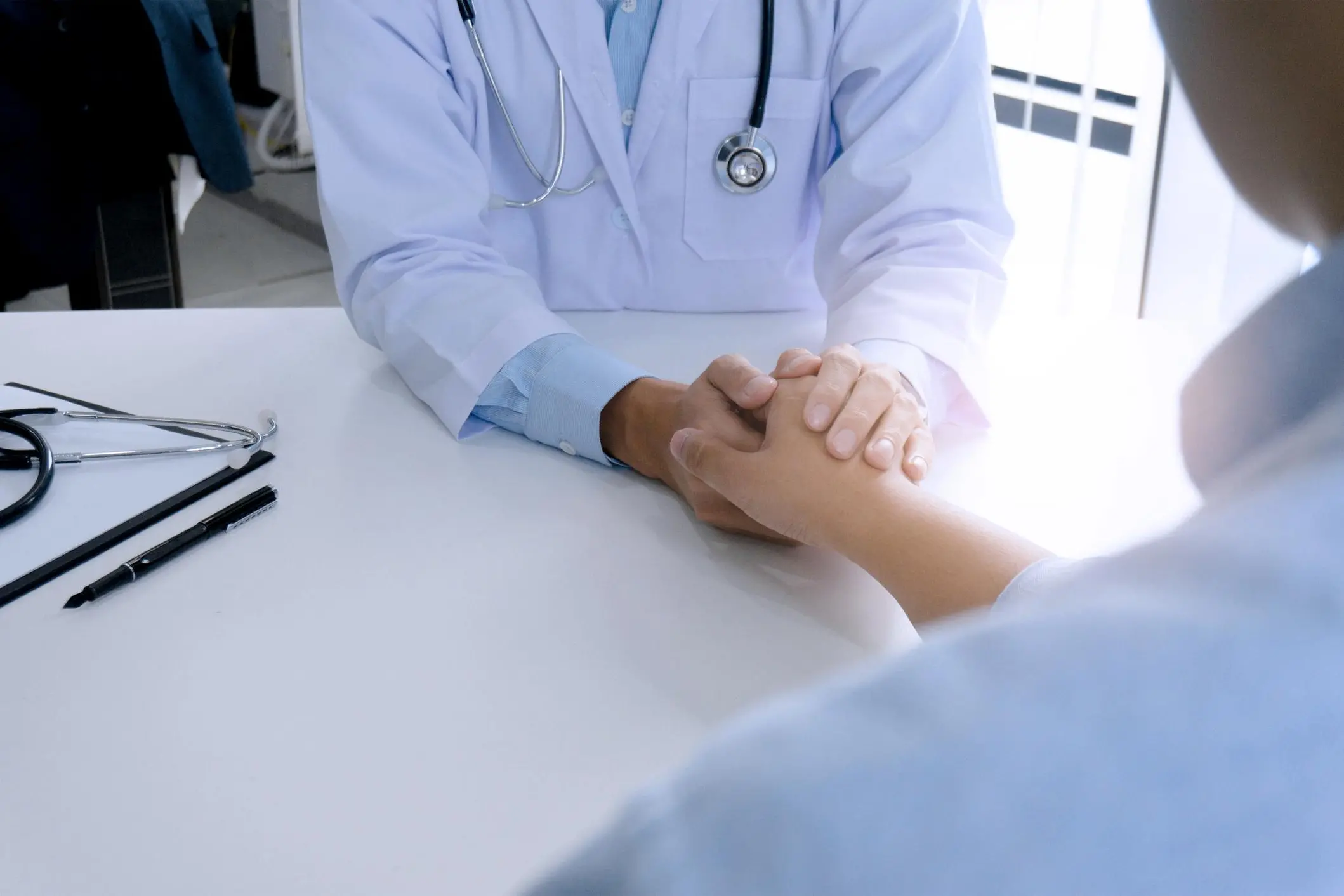PHOTO
Finding an early detection method for ovarian cancer, designing therapeutic treatments for mood disorders and depression, and using marine environment to produce natural pharmaceutical products are some of the projects female researchers will continue to pursue, thanks to a ?20,000 (Dh83,400) fellowship.
As part of the L'Oral-Unesco 'For Women In Science Middle East Fellowship 2018,' five female scientists from four Gulf countries were granted Dh83,400 each for the PostDoc Researchers category and one PhD student was granted Dh33,360.
The programme, which aims to promote gender equality and encourage more girls and women to become scientists, honours five laureates internationally each year, one from each continent.
To date, the programme has supported 3,100 women, rewarding 102 laureates and granting doctoral and post-doctoral fellowships in 115 countries.
Speaking to Khaleej Times, the women said since scientific projects are too expensive to pursue, the fellowship brings them one step closer to making their ideas a reality that will benefit their societies. Here are the five outstanding women scientists and their research topics.
Dr Ashwag Albukhari, Assistant professor in biochemistry
(Treatment for ovarian cancer)
Dr Ashwag Albukhari, assistant professor in biochemistry, King AbdulAziz University, Saudi Arabia, said the fellowship will help her start developing the organoid system, derived from human tissues, to understand the progress of ovarian cancer, help in early detection and find new therapeutic strategies for ovarian cancer.
The molecular mechanism in the ovaries which is not well understood, hinders early detection of ovarian cancer, the sixth most common cancer in women with the highest mortality rates. Albukhari decided to build a human-derived fallopian tube organoids to study early carcinogenesis and understand the molecular mechanisms of the cancer.
"Now, removal of ovaries and fallopian tubes remains as the only effective prevention for women with high risk of developing the familial ovarian cancer. The model will prevent this and increase chance of survival," she said.
Dr Basma Radwan, Research associate in nueroscience
(Link between sleep, stress)
Dr Basma Radwan, 36, post-doctoral research associate in neuroscience at New York University Abu Dhabi, and an Egyptian expat in the UAE, is investigating the connection between stress and sleep to develop treatment for mood disorders and depression.
Through her research, Radwan is trying to understand the evolution and function of sleep among depressed individuals to further develop effective therapeutic solutions."We need a model to help manipulate the sleep stages and see if it can lead to changes in mood and depression to better understand the link between the two," she said.
Since the sequencing of gene expression is a process that cost ?50,000, the fellowship will help fund part of the project to understand how sleep processes lead to the maladaptive response to stress.
Radwan intends to examine the function of sleep of renormalising the synapses in modulating the brain capacity to adapt to stress.
Dr Saja Fakhraldeen, Assistant research scientist
(Drugs from marine resources)
Dr Saja Fakhraldeen, 31, assistant research scientist at Kuwait Institute for Scientific Research, is researching on the use of marine resources to develop pharmaceutical products to reduce reliance on lab products.
Given that the Arabian Gulf is an untapped resource with huge potential for pharmaceutic applications, Fakhraldeen aims to identify local sources of biologically active materials for her study.
Through her research, she will tap into marine resources to find the compounds that develop bioactive compounds with therapeutic and pharmaceutic applications in an environmentally conscious manner.
Following completion of this project, the Kuwaiti institute will have a new and fully functional mammalian cell culture facility.
The proposed genetic database of organisms in Kuwaiti waters are expected to be a valuable resource to both Kuwaiti and international researchers.
Dr Lamya Al Haj, Molecular biology professor
(Products from algae)
Dr Lamya Al Haj, 36, assistant professor of molecular biology at Sultan Qaboos University (Oman), is developing high-value products from genetically-modified algae.
With the world moving towards cleaner energy alternatives, Al Haj aims to reduce the dependency on conventional petroleum in Oman with identifying alternative sources that will help diversify the economy.
She envisions the first microalgae bio-refinery in Oman to use algae in generating biofuels and high value products. Part of her research investigates the potential of utilising algae strains for the production of high-value products like antioxidants, superfoods, food supplements and drugs. The other part is focused on exploring second, third and fourth generation biofuels as sustainable energy sources. The research has made it to 10 publications, won several international awards and was the breakthrough in biofuel production in Oman.
Ghofran Othoum, PhD student
(Sequencing Read Sea strains)
The research of Ghofran Othoum, 28, a PhD student at King Abdullah University of Science and Technology (Jordanian expat in Saudi Arabia), centres around studying bacteria isolated from the Red Sea environment that can be used in different applications.
Her studies indicated that several of the isolated strains extracted from microbial mat and mangrove mud samples from the Red Sea represent promising candidates for the development of cell factories for enzyme production. "Red Sea species are promising as microbial cell factories, specifically with respect to their ability to thrive in saline water, eliminating the need for the environmentally and economically expensive costs of water desalination and sterilisation," said Othoum.
Her research also uncovered the richness of these species' genomes that have likely evolved in Red Sea Bacilli due to environmental adaptation.
Copyright © 2018 Khaleej Times. All Rights Reserved. Provided by SyndiGate Media Inc. (Syndigate.info).
Disclaimer: The content of this article is syndicated or provided to this website from an external third party provider. We are not responsible for, and do not control, such external websites, entities, applications or media publishers. The body of the text is provided on an “as is” and “as available” basis and has not been edited in any way. Neither we nor our affiliates guarantee the accuracy of or endorse the views or opinions expressed in this article. Read our full disclaimer policy here.





















